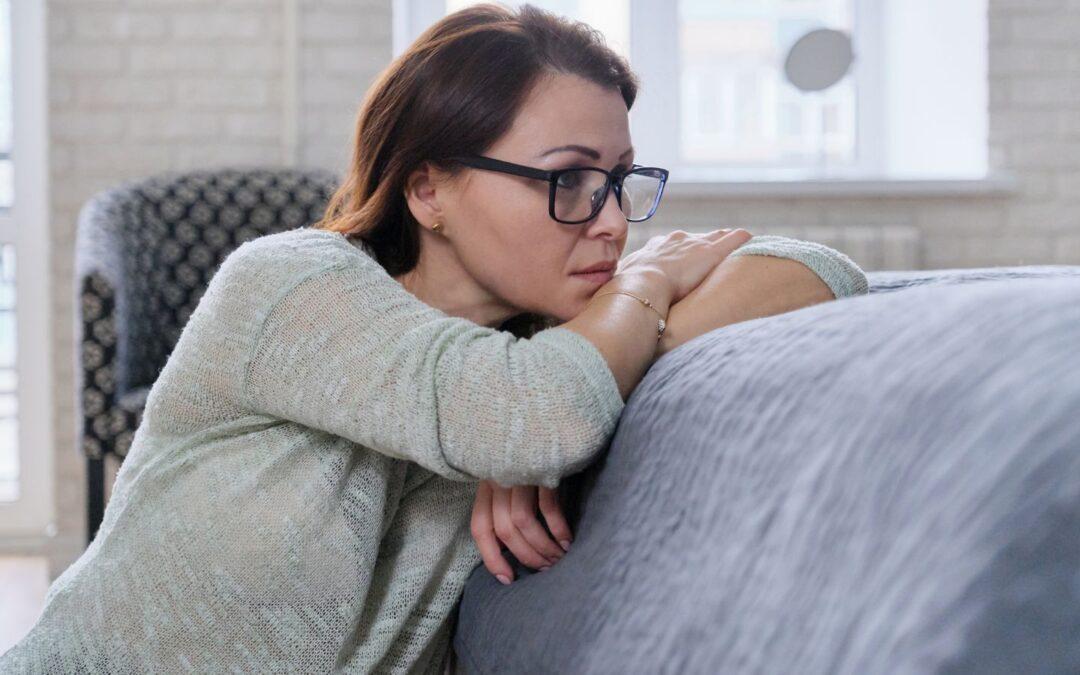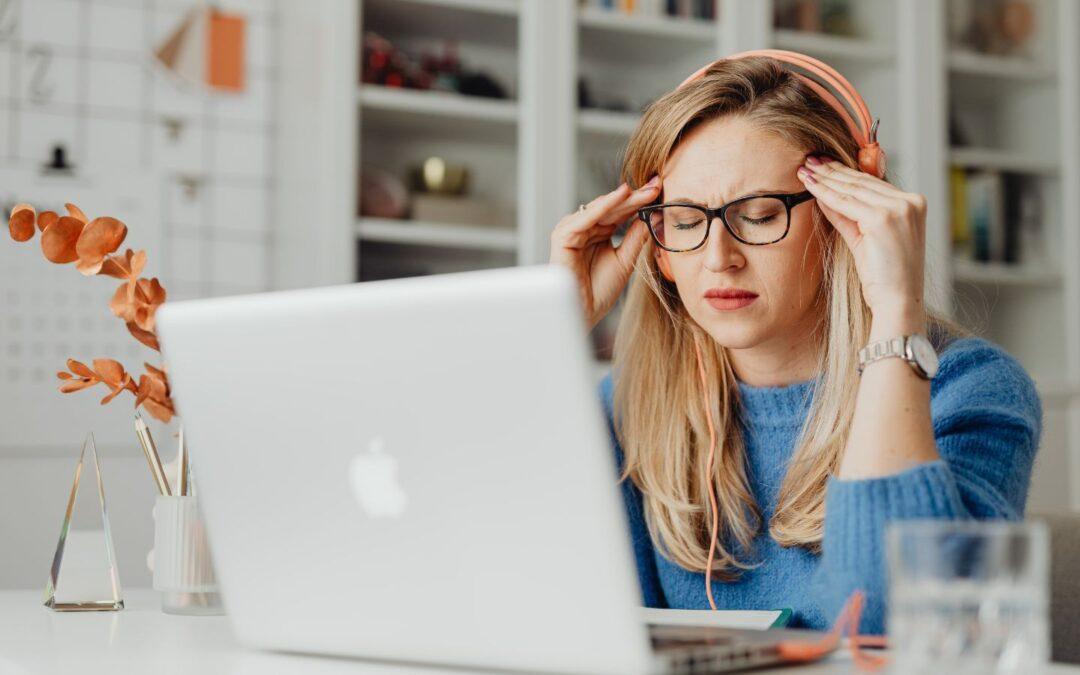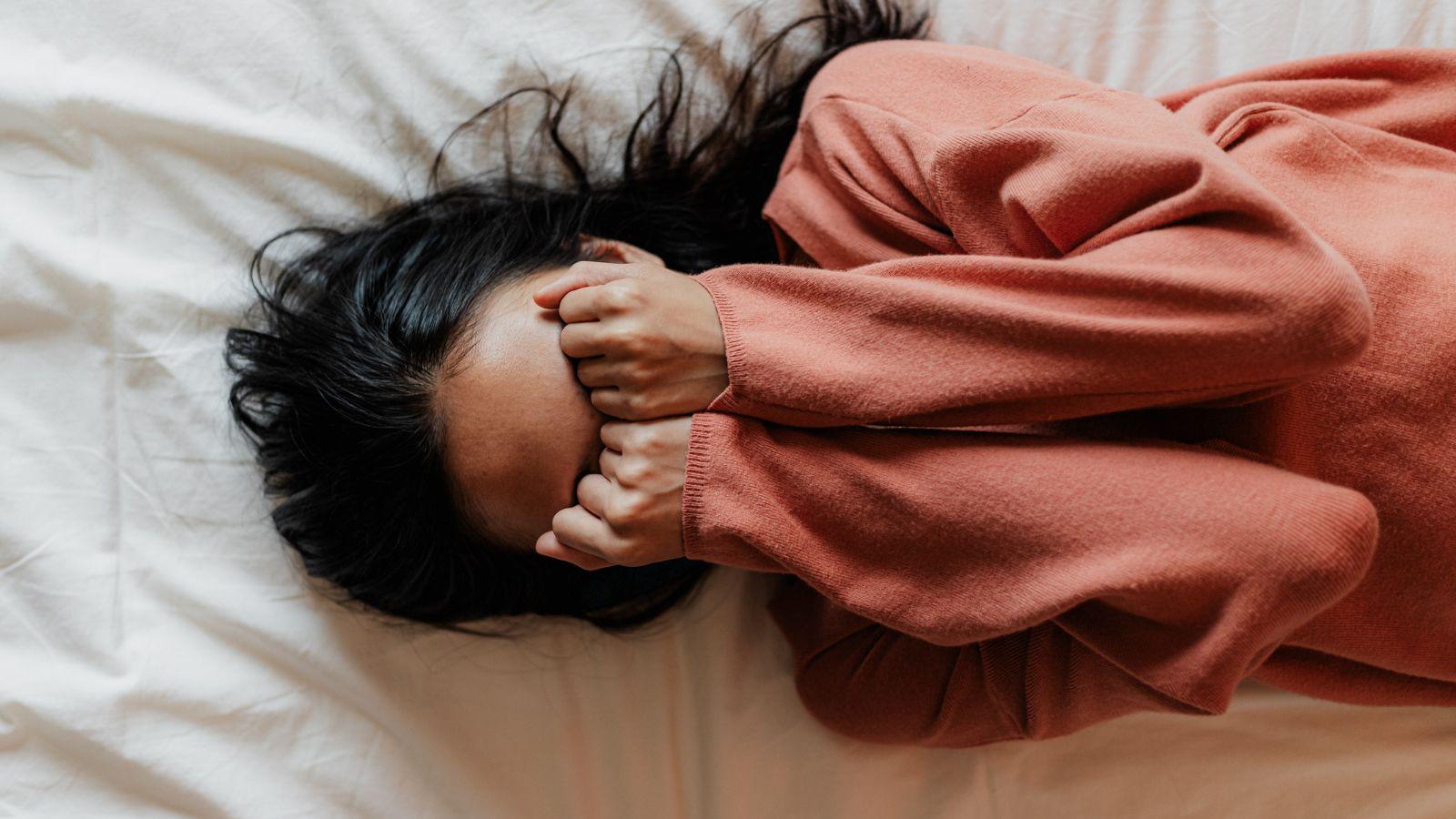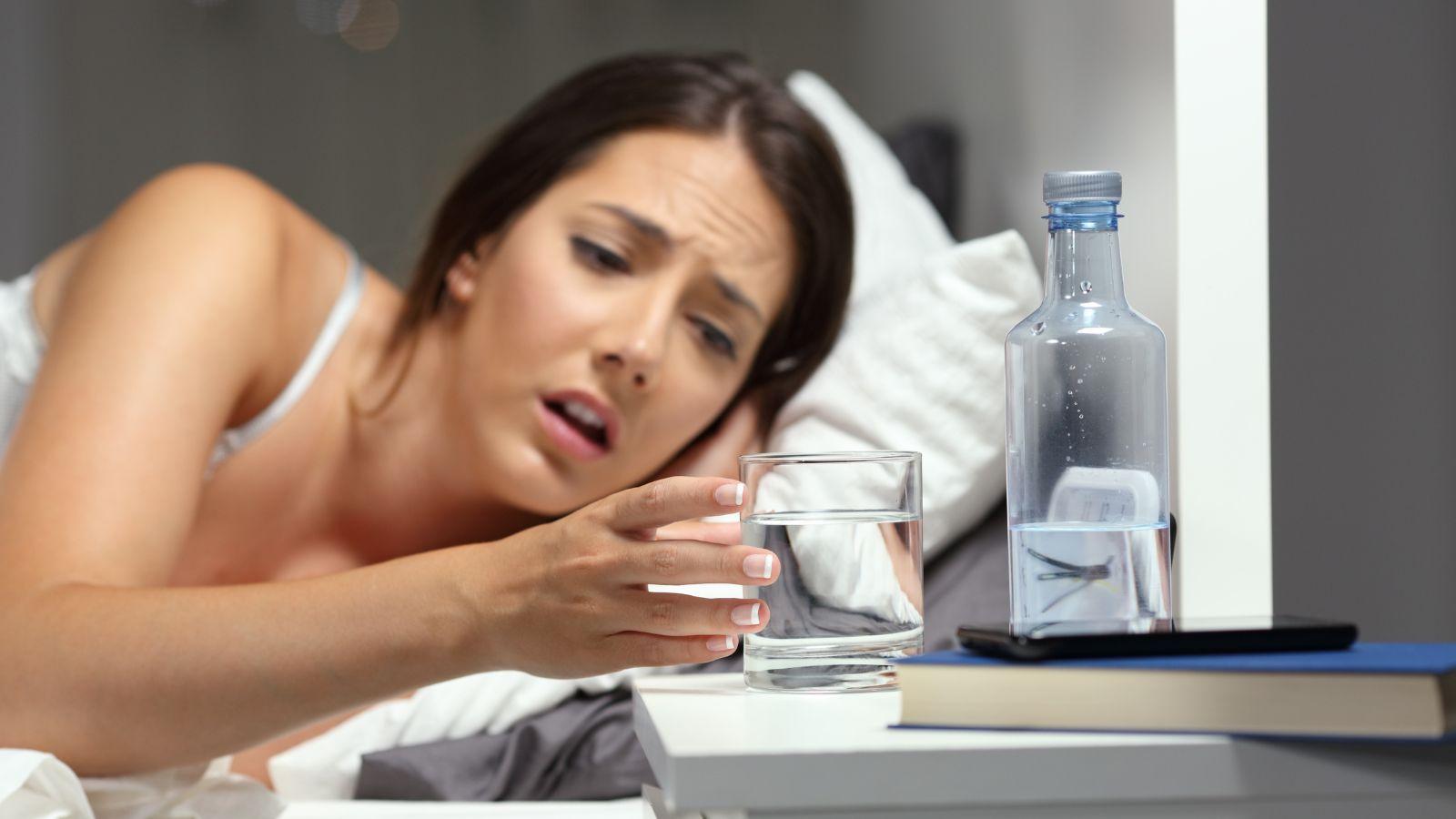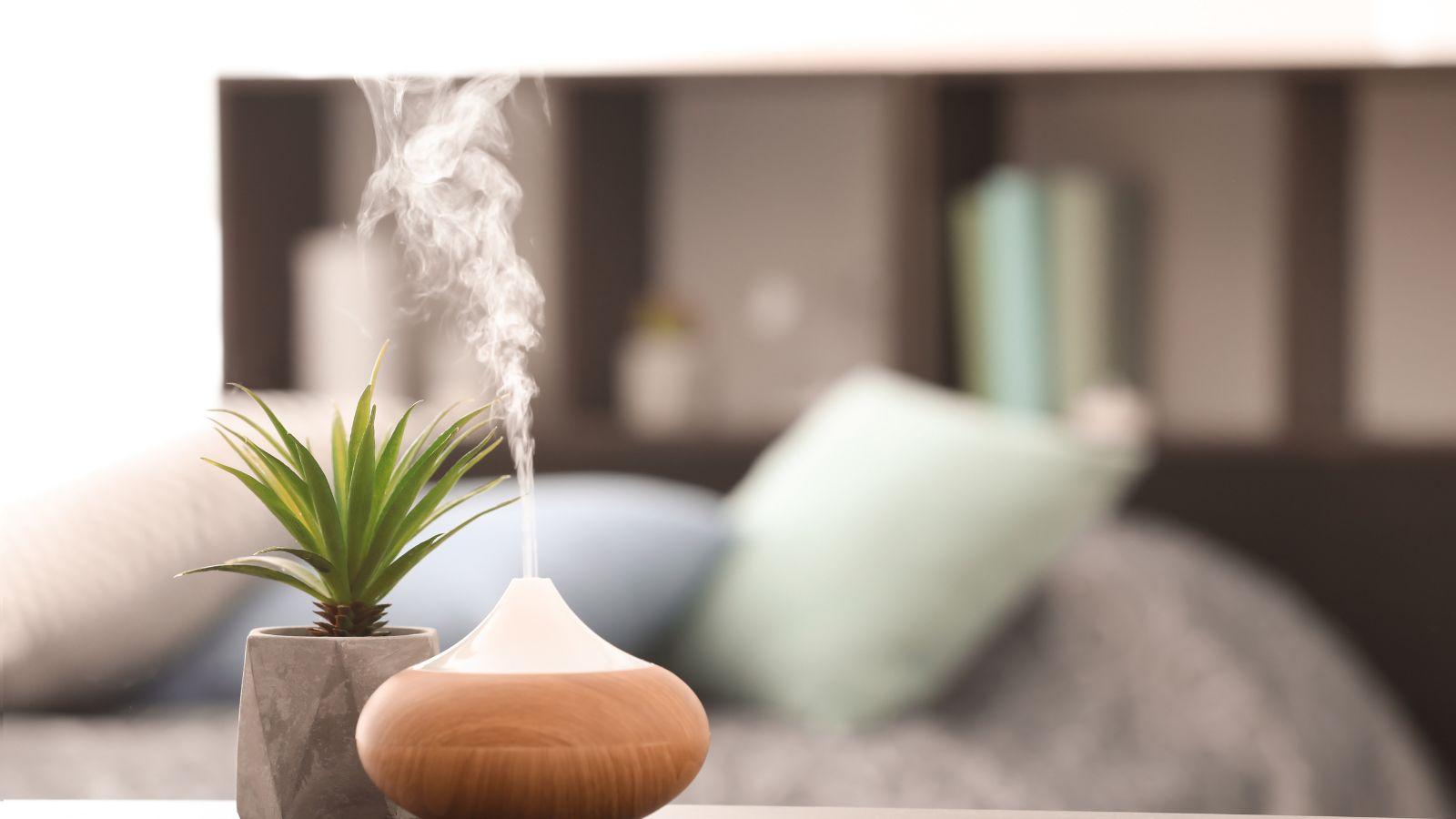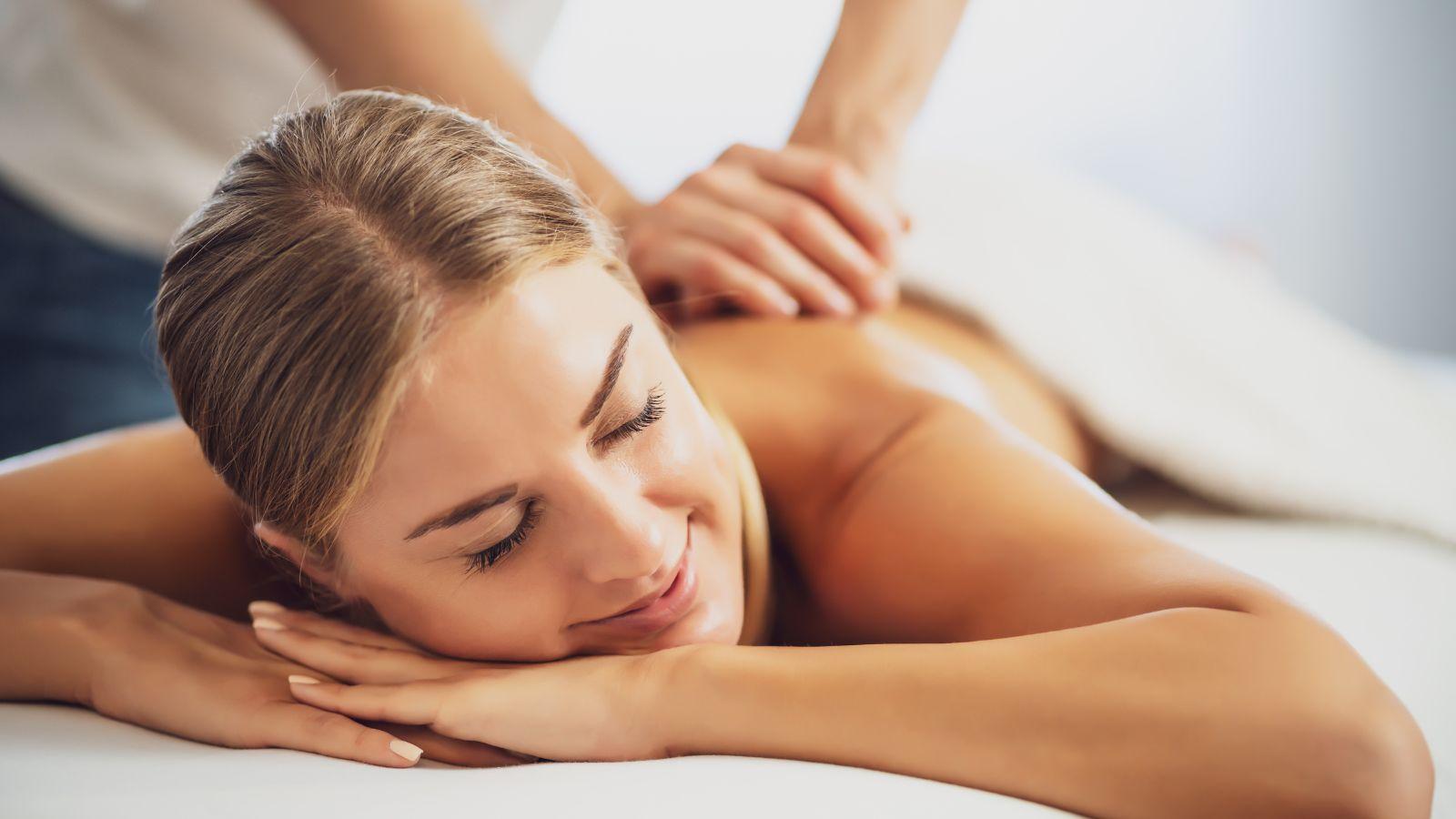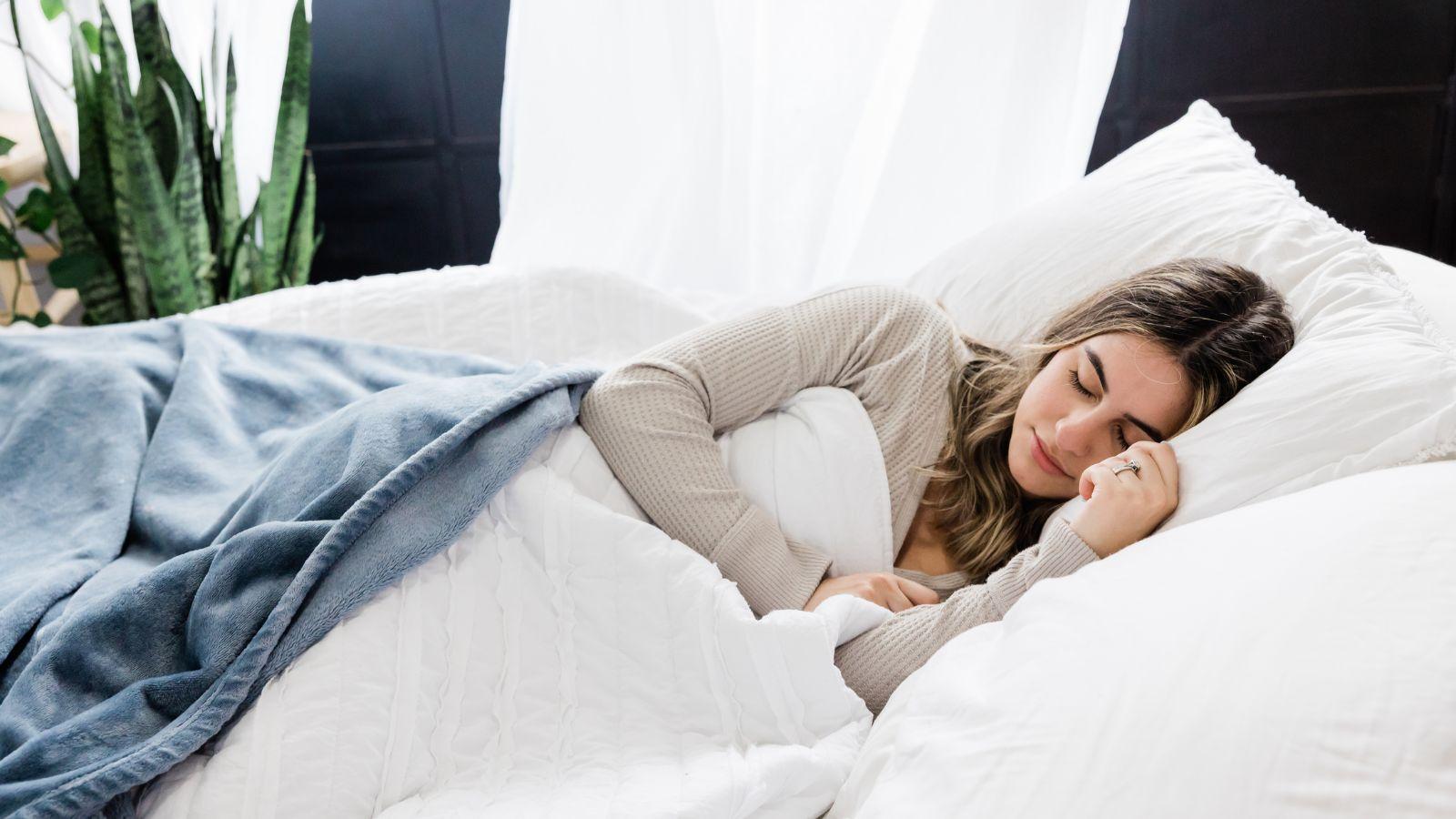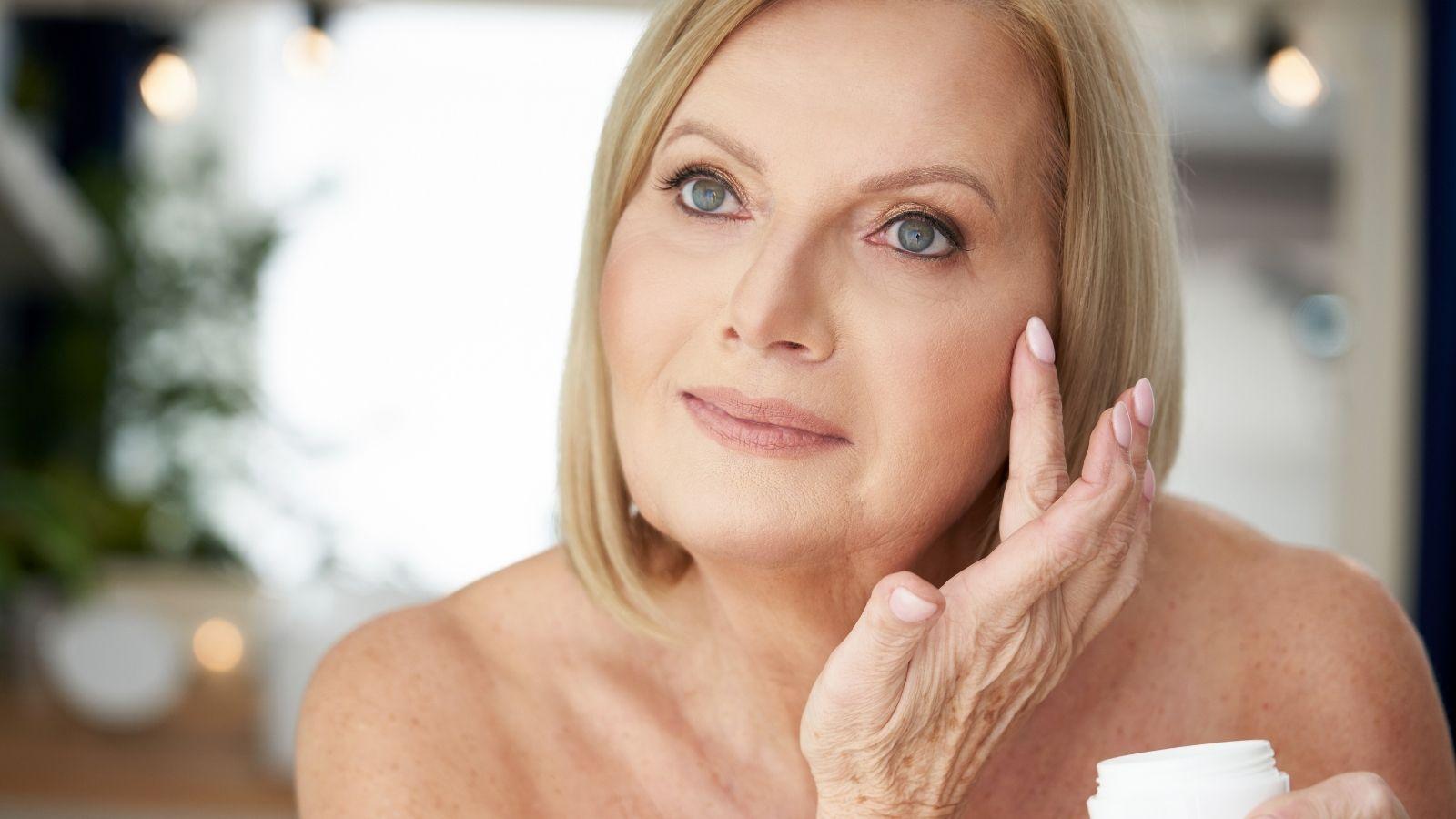
Why exercise?
Why exercise?
There are lots of reasons why we should incorporate exercise into our daily routine, not least because it feels good, and anything that makes us feel good has to be a good thing, right?
Benefits of exercise: Exercise can help you:
- Boost your energy levels
- Stay flexible/supple
- Sleep better
- Feel good
- Keep in tip top condition
- Gain strength /muscle mass
- Lose weight / tone up
- Maintain health/recovery from injury
- Manage your mental health
- Relieve your menopause symptoms
- Manage stress levels,
- Reduce anxiety
- Lift low mood
- Improve brain health/ improve cognitive function

Barriers to exercise
If exercise is so good for us, why do some of us feel so resistant to doing it?
For many people the word exercise conjures up negative memories of shouty PE teachers, being picked last for PE at school or being made to do endless cross-country runs on cold, muddy playing fields.
Or it feels like yet another chore to add into our already too-busy lives. Or maybe it feels like you’d have to invest loads of time and/or money (that you probably don’t actually have!)
For some of us exercise is hard because of having children to care for or family caring responsibilities and it’s hard to get time to sit down for a minute, let alone then do some formal sort of exercise.
Does it have to be this way? No! Absolutely not! (Apart from the last one 🙂

Shift your mindset (if you need to!)
If you’ve always had negative thoughts and feelings towards exercise, now may be a good time to shift your mindset.
Given that there’s lots of evidence that exercising can make you feel better maybe it’s time to start focusing on the positives of exercise.
Think about how it can give you more energy, lift your mood and hopefully help you lead a longer, more active life.
Something to consider:
What if by adding exercise into your life you felt better and it ended up being a joy and not a chore, and thus making it more likely that you’ll cope with whatever life throws at you? With plus points of it helping you release tension, unwind your tired mind, decrease your stress levels, relieve anxiety, and helped you feel good about yourself?
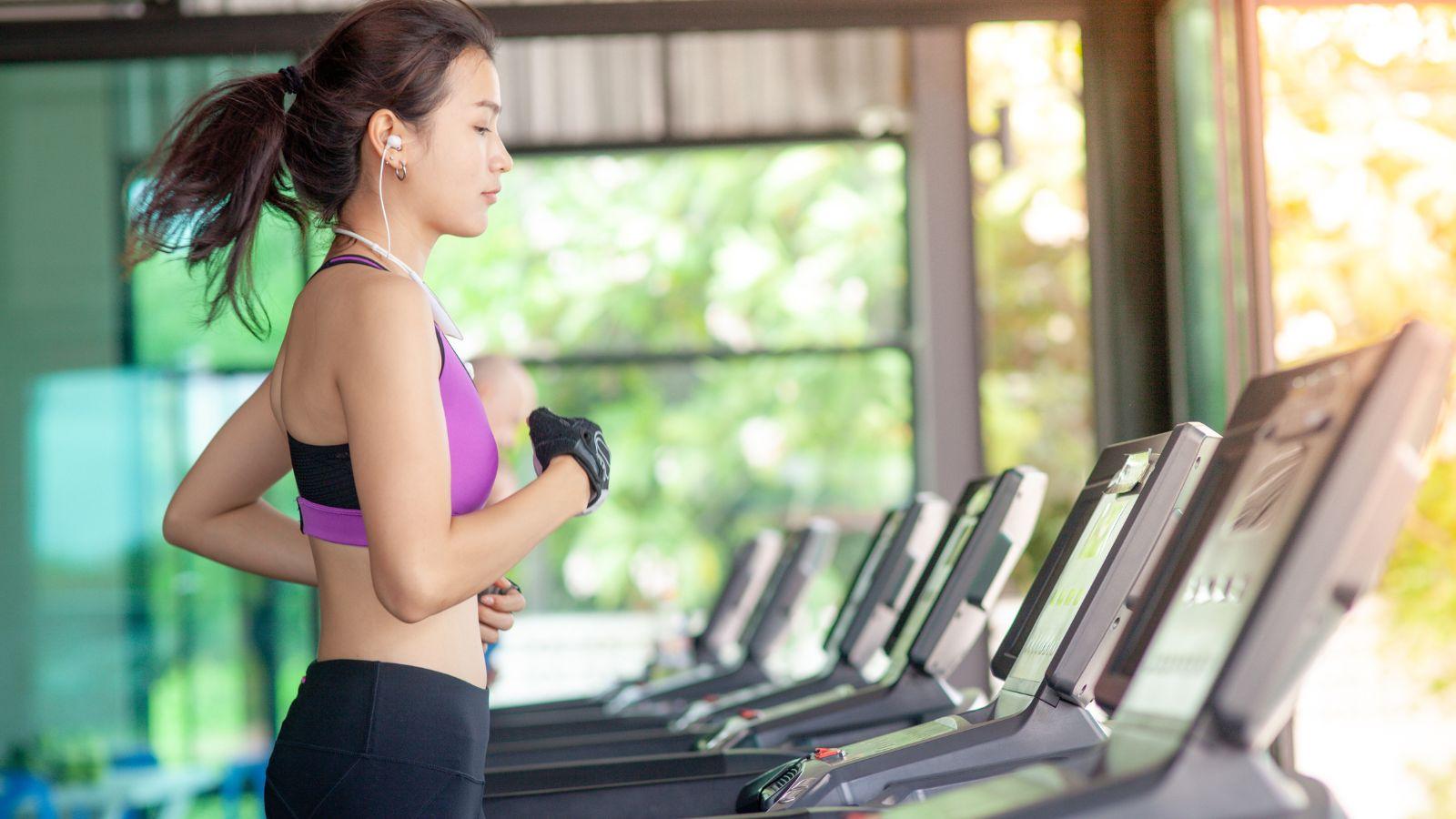
What exercise should I choose?
There are a wide variety of types of exercise available these days, from online Pilates classes, to team sports like hockey or football.
The key is to pick something you’d actually enjoy enough to keep doing! This may be one key thing like swimming or yoga, or a range of things to keep your interest piqued.
Your choices may be influenced by your
- Budget
- Lifestyle
- Schedule
- Physical capabilities
- Family commitments
Top Tip:
If you’re lacking in budget there are some good free online yoga classes available. Yoga with Adrienne is popular on YouTube https://www.youtube.com/user/yogawithadriene
Choices may include:
- Formal types of individual exercise like joining a gym or a fitness class which take place at a set place/ time
- Ad hoc / Regular exercise like swimming or jogging /running
- Online classes (free/paid for/by subscription) like yoga, Pilates etc
- Team sports like rugby, netball, football, basketball etc
- Fun, spontaneous types of exercise like dancing whilst the kettle boils or skipping
- Running day to day errands and dog walking (or just take yourself if you don’t have a dog)

Ways to make exercise happen
If can help to put your exercise slots into your diary like you would any other appointment.
You could have set days or times to exercise or it could be simply part of your morning or evening routine so it becomes an ingrained habit like doing your skincare or brushing your teeth.
Some ideas to try!
- Try going out for some fresh air every lunchtime – even if it is just a walk around the block.
- Take up gardening
- Try taking the stairs, not the lift if your mobility allows
- Try walking for 15 mins then turn around and walk 15 mins back
- Ride your bike or walk to the shops when buying just a few bits
- Do the school run on foot or walk to work if possible.
- Instead of meeting friends for a coffee in a coffee shop try meeting somewhere like a park and have a takeaway coffee whilst you walk and talk, or go for a swim and have a coffee afterwards.
- Treat yourself to a National Trust membership or an English Heritage membership and spend time at weekends visiting different properties for a walk.
More Reading
Other ways to enjoy an active lifestyle https://www.sarahcooper.co.uk/active-lifestyle-ideas/

